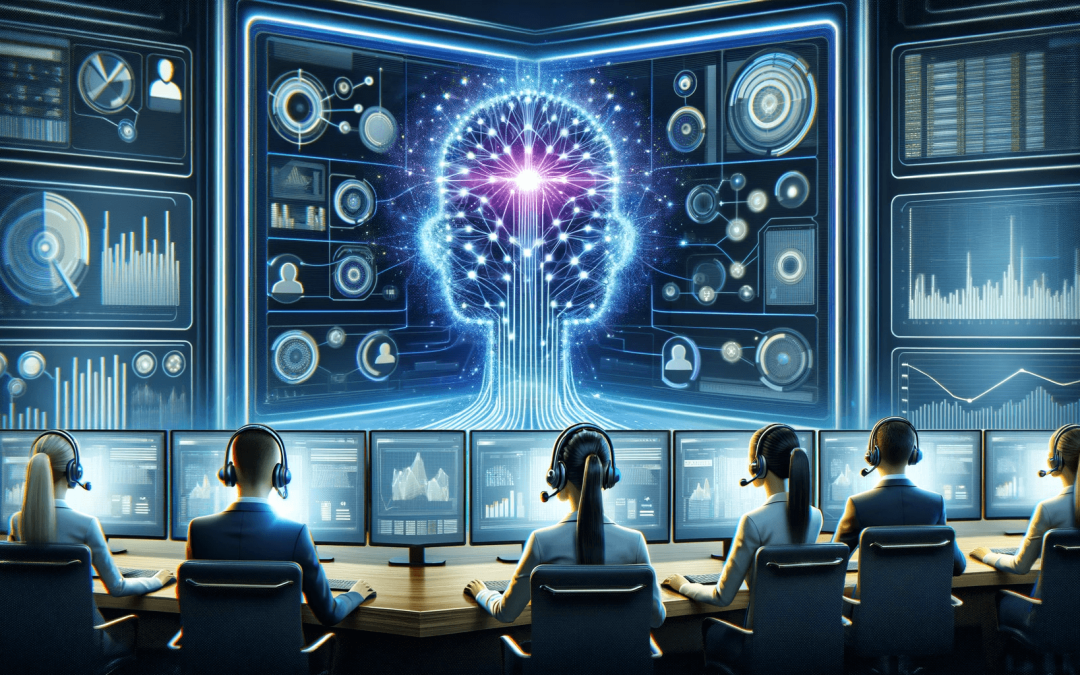Analyzing emotional intelligence using neural networks
Emotional intelligence (EQ) is an increasingly important indicator of employee success. It affects communication, decision-making and the ability to work in a team. Modern technologies, including neural networks, are helping companies assess and develop EQ faster and more accurately than traditional methods.
Why Emotional Intelligence Matters
Emotional Intelligence helps employees with high EQ cope better with stressful situations, find common ground with colleagues and customers, and adapt to change more quickly. For businesses, this means lower employee turnover, better company culture, and more productive teams.
How Neural Networks Analyze EQ
The use of artificial intelligence can assess employees' emotional reactions through a variety of channels: text messages, voice data, and video interviews. Neural networks identify emotional patterns, empathy levels, stress tolerance and communication skills, creating an objective profile of each employee.
Benefits for HR and Business
- Accurate assessment of emotional competencies without the subjective influence of managers
- Identify potential leaders and candidates for development
- Fast onboarding of new employees through personalized recommendations
- Improved teamwork by distributing roles according to emotional profiles
Lifehacks and fresh opportunities
Modern neural networks can analyze not only emotions, but also micro-expressions, intonation and vocabulary. This helps identify hidden emotional states, predict stressful situations and adjust communication in advance. HR teams can integrate this data with HR systems to create individual development plans.
Conclusions
Emotional intelligence analysis with neural networks — is not a replacement for HR, but a powerful tool for improving the corporate environment. It helps to adapt employees faster, develop leadership skills and create effective teams. Companies that implement such technologies gain a competitive advantage in people management.
Want to implement neural network EQ analysis in your company? The UniStaff team will help you select tools and set up processes to get the most out of your people.
Want to implement neural network EQ analysis in your organization?


